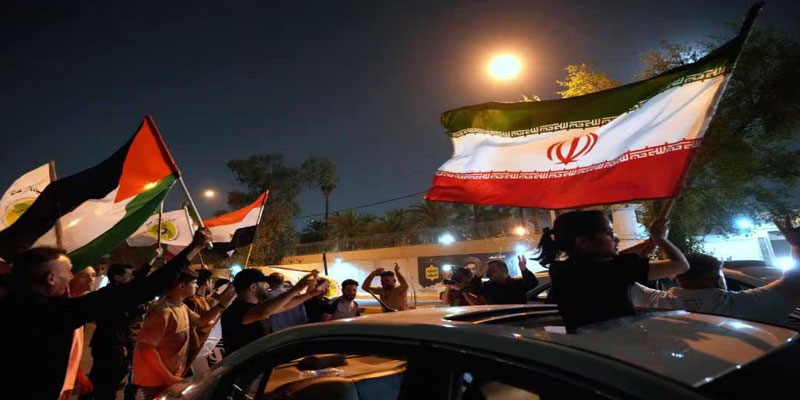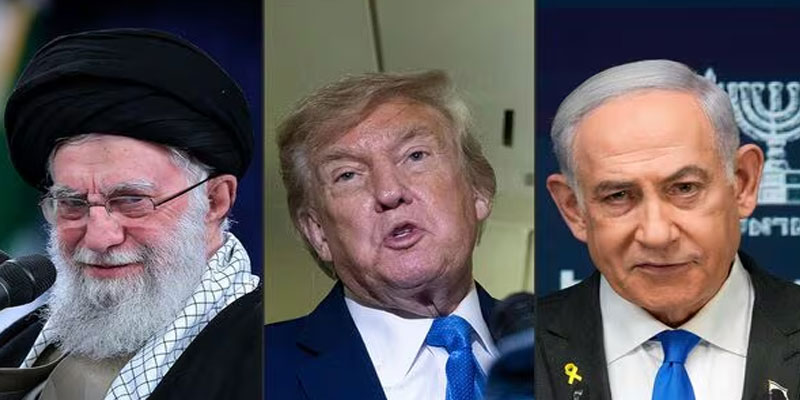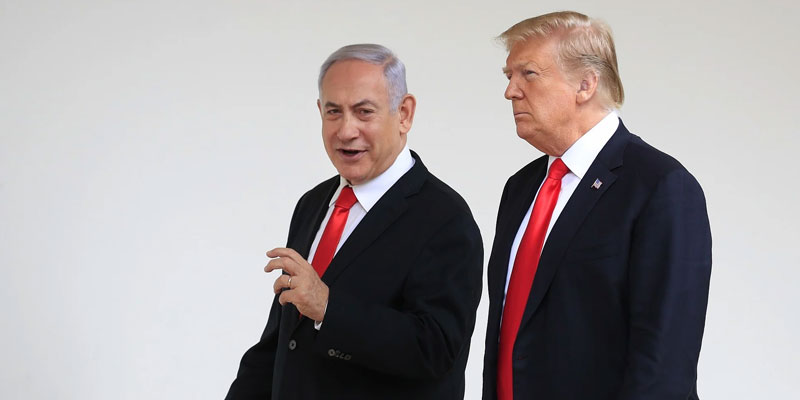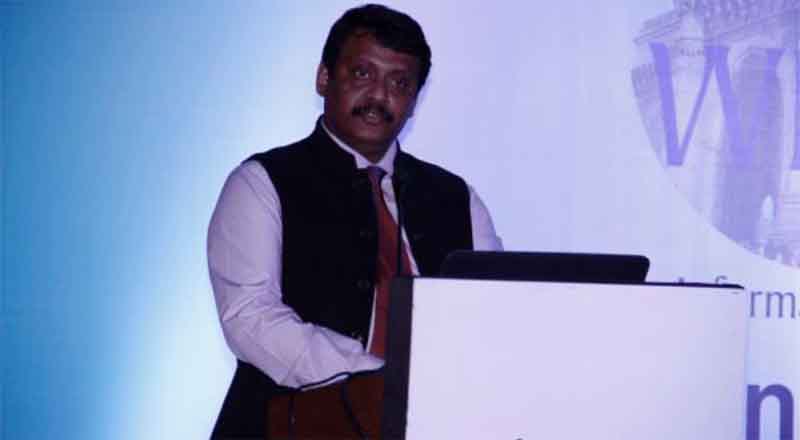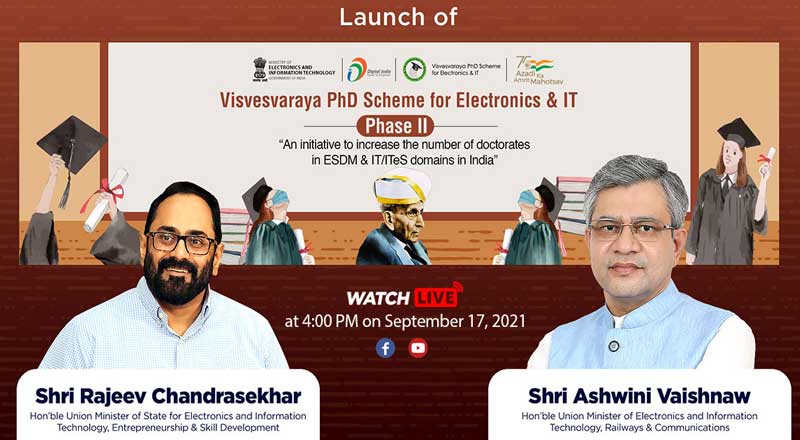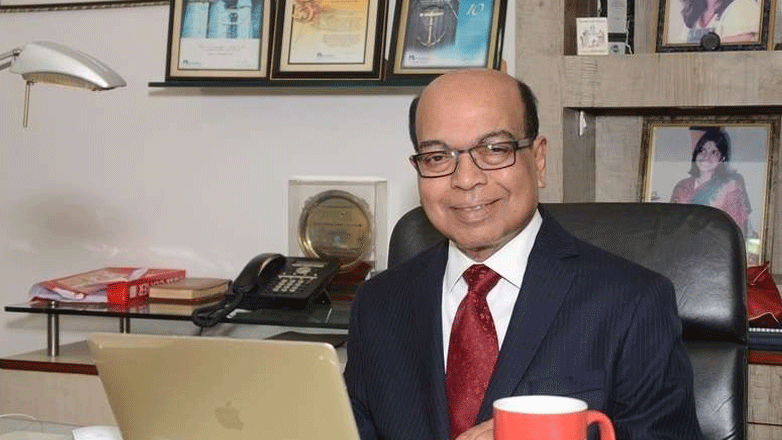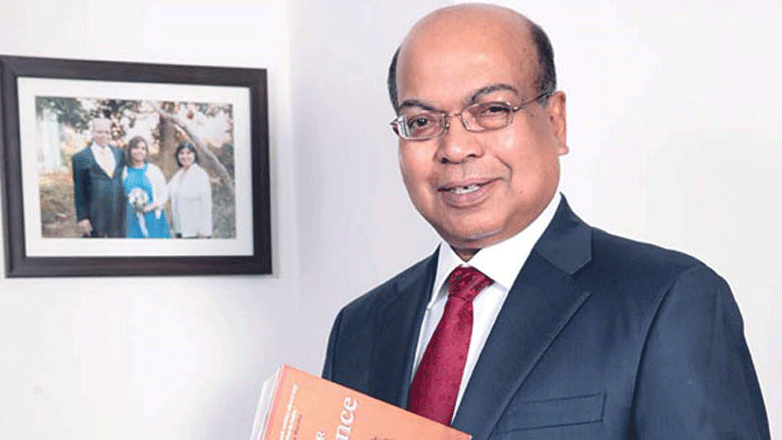Kashish Chaudhary, a 25-year-old Pakistani Hindu woman, has made history as the first female from the minority community in Balochistan to be appointed Assistant Commissioner, marking a rare moment of representation and empowerment in Pakistan’s deeply stratified society. Hailing from Noshki in the remote Chagai district, Kashish’s ascent to a key bureaucratic post in one of Pakistan’s most volatile provinces is not just personal triumph—it’s a significant milestone for minority rights and gender equity in the country.
From Noshki to Quetta: A Story of Grit and Discipline
Born into a modest Hindu family, Kashish’s journey began in the arid and underdeveloped landscapes of Noshki, far from the bustling cities that usually produce civil servants. Her father, Girdhari Lal, a small-scale trader, described her as a determined child who always dreamt of creating meaningful change for women and minorities.
That dream took form through relentless discipline—three years of preparation, eight hours of daily study, and an unwavering sense of purpose. She cleared the Balochistan Public Service Commission (BPSC) exam to earn her appointment as Assistant Commissioner, a role critical in local governance and public administration.
In her recent visit to Quetta, Kashish and her father met Balochistan Chief Minister Sarfaraz Bugti, who lauded her accomplishment as a proud moment for both the province and the nation. "Kashish is a symbol of pride for Balochistan," said Bugti, highlighting the significance of her breakthrough in a region often marred by ethnic and sectarian tensions.
A Sign of Emerging Change
Kashish’s success comes amid a slow but visible shift in the role of Hindu women in Pakistan. While the Hindu community—numbering between 7.5 to 9 million—is the largest religious minority in the country, representation in government and law enforcement remains sparse, particularly for women. Kashish joins a growing list of trailblazers, including Manisha Ropeta, Karachi’s first Hindu woman Superintendent of Police; Pushpa Kumari Kohli, a sub-inspector from Sindh; and Suman Pawan Bodani, a civil judge serving in Hyderabad.
Each of these women has broken long-standing social and cultural barriers in a society where minority groups, particularly scheduled caste Hindus, often face systemic marginalization, including forced conversions, restricted educational access, and employment discrimination.
Still, Kashish’s rise is proof that incremental change is possible when families prioritize education and institutions allow merit to prevail. As Sindh politician Ramesh Kumar Vankwani recently pointed out, “With family support, many young Hindu girls have shown a strong will to study and take up higher education. We have doctors, civil servants, police officers, and more.” These successes serve not only as individual victories but as counters to the narrative of helplessness often associated with minority communities in Pakistan.
What This Means for India—and Beyond
For India, which shares deep cultural, religious, and historical ties with Pakistan’s Hindu community, Kashish’s appointment resonates on multiple levels. Symbolically, it challenges the perception that religious minorities in Pakistan are devoid of any upward mobility. Practically, it signals a window—however small—of institutional inclusivity in a system known for its biases.
It also prompts reflection within India itself. While India has historically fared better in minority representation within public service, the polarization of recent years has raised questions about equitable access and empowerment. Kashish’s story could serve as a reminder that merit, when allowed to flourish regardless of religion or gender, yields transformative results.
Looking Ahead
Kashish has already articulated her ambitions: to work toward women’s progress, support minority rights, and contribute to Balochistan’s development. With her appointment, she carries the weight of hope—not just for Pakistani Hindus, but for marginalized communities across South Asia. Her story is not only about personal achievement but also about what can happen when perseverance meets opportunity, even in the face of deep-rooted social barriers.
In a region fraught with religious divisions and gender inequality, Kashish Chaudhary’s rise is a rare and necessary story of change. And perhaps, a sign that both sides of the border could learn from those who dare to transcend the limitations placed upon them.
(With agency inputs)

Geo Politics



